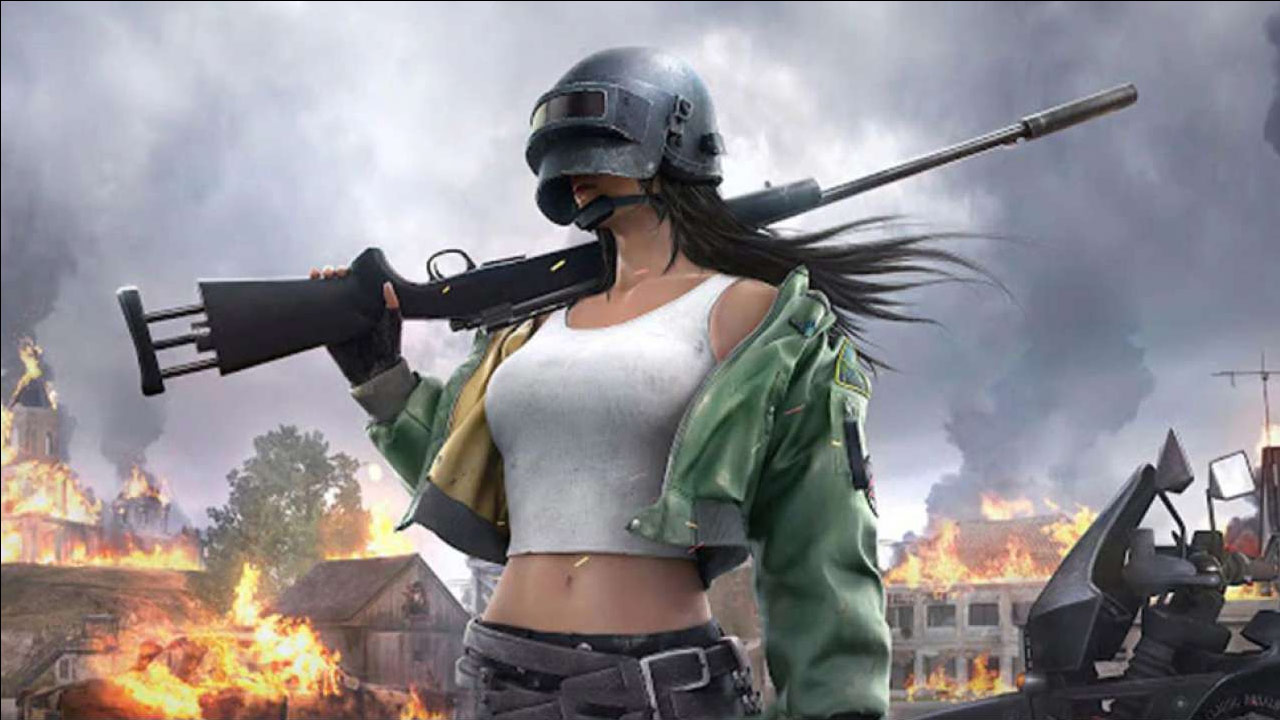PUBG, once a king of the battle royale genre, finds itself embroiled in a seemingly unwinnable war against cheaters. The year was 2017, and PUBG burst onto the scene, captivating millions with its intense, strategic gameplay. Fast forward to today, and the game’s golden age feels like a distant dream. The culprit? A rampant cheating problem that, despite Krafton’s efforts, continues to erode the PUBG experience.
A Cheater’s Paradise: Live on Stream, Banned on Repeat
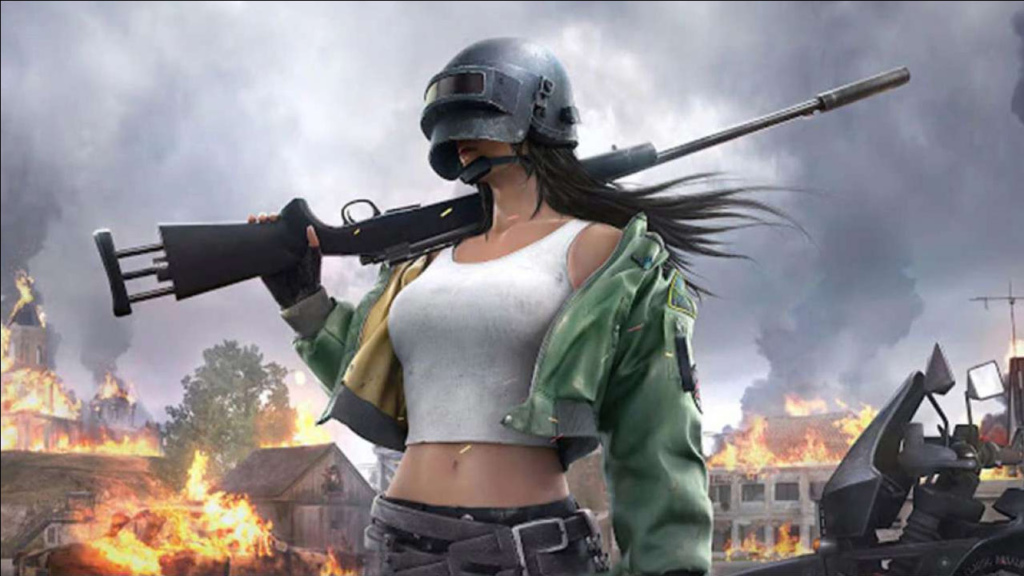
A recent incident perfectly exemplifies the current state of affairs. A Chinese gamer, oblivious to the potential consequences, decided to livestream their PUBG exploits. However, these weren’t feats of skill or strategic brilliance. This individual was blatantly using third-party software, granting them an unfair advantage over unsuspecting players. As anticipated, Krafton’s anti-cheat system swiftly detected the violation, resulting in a swift ban for the offending account.
But the story doesn’t end there. Here’s the kicker: the banned player exhibited a shocking lack of remorse. Instead of accepting the consequences and learning from their mistake, they simply switched to one of their many backup accounts and continued their cheating spree as if nothing had happened. This blatant disregard for the rules and the integrity of the game sparked outrage within the PUBG community. Forums were flooded with angry posts condemning the player’s actions and highlighting the pervasive nature of cheating within the game.
A Habitual Pattern: Cheating as a Norm?
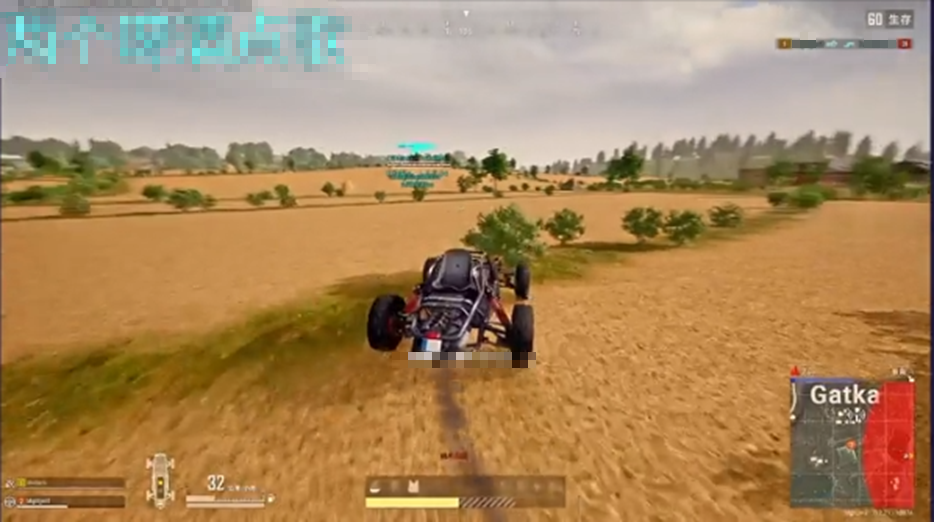
The nonchalant attitude of this specific gamer points towards a deeply concerning trend within a segment of the PUBG player base. The ease with which they switched accounts and continued cheating suggests a habitual offender, someone who views cheating not as an anomaly, but as an accepted part of their gameplay. This normalization of cheating is what truly threatens the future of PUBG.
The Responsibility Conundrum: Krafton vs. Community
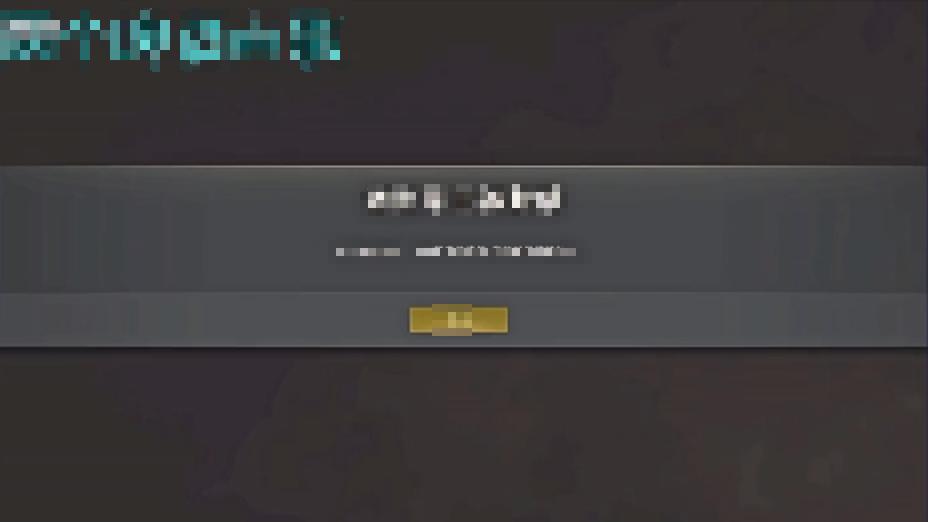
While Krafton undoubtedly deserves its share of criticism for its seemingly ineffective anti-cheat measures, the responsibility doesn’t solely lie with them. Player mentality and community attitudes also play a significant role. The desire to win, to achieve that coveted “chicken dinner,” can sometimes cloud judgment, pushing some players towards unscrupulous tactics. This creates a vicious cycle – rampant cheating discourages legitimate players, further incentivizing others to resort to cheats to stay competitive.
Breaking the Cycle: A Shared Path to Recovery
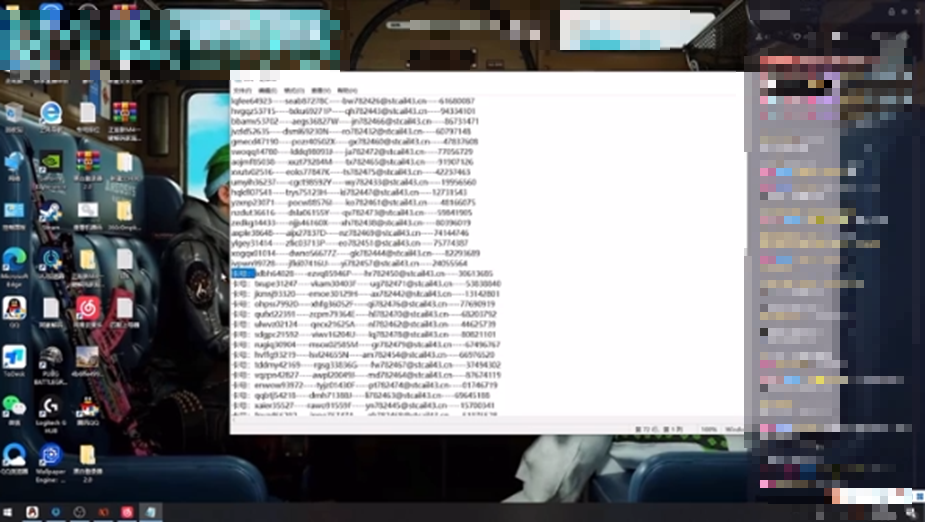
Reviving PUBG from its current state requires a collaborative effort from both developers and players. Krafton needs to continuously innovate and improve its anti-cheat systems. Implementing stricter penalties for offenders, including hardware bans, could serve as a stronger deterrent. Additionally, fostering a more open communication channel with the community would allow for better identification and reporting of suspicious activities.
But the player base also needs to take a stand. Reporting cheaters, encouraging fair play, and promoting a culture of sportsmanship are crucial steps. Community-driven initiatives, such as blacklisting known cheaters, can also help isolate these individuals and deter others from following suit.
A Glimmer of Hope: Can PUBG Rise Again?
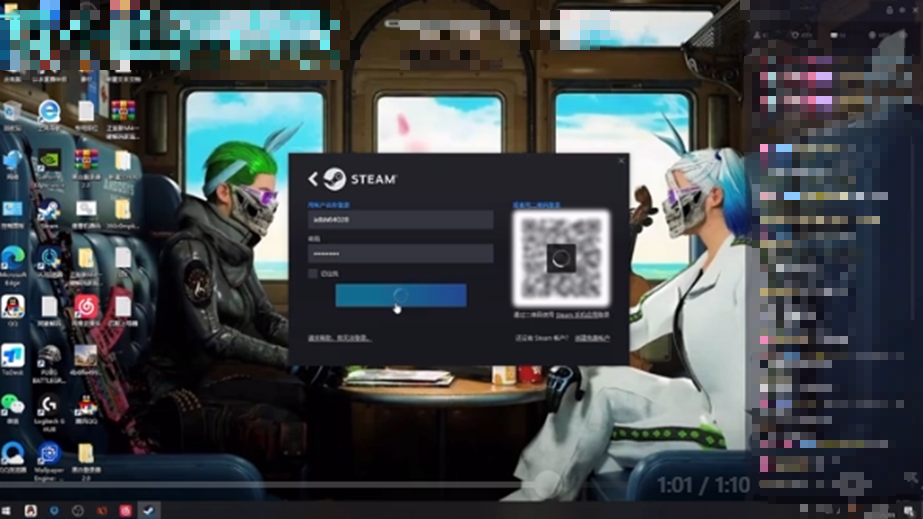
The future of PUBG remains uncertain. The battle against cheaters is a constant one, and there’s no guaranteed solution. However, by acknowledging the problem, fostering open communication, and embracing a zero-tolerance approach to cheating, both Krafton and the PUBG community can work towards a brighter future. There’s still hope for PUBG to recapture its former glory, but this requires a united front and a commitment to fair play from everyone involved.
The question remains: Will PUBG rise from the ashes, or will the cheaters ultimately claim victory? Only time will tell.
See more information in the Game News section here.

